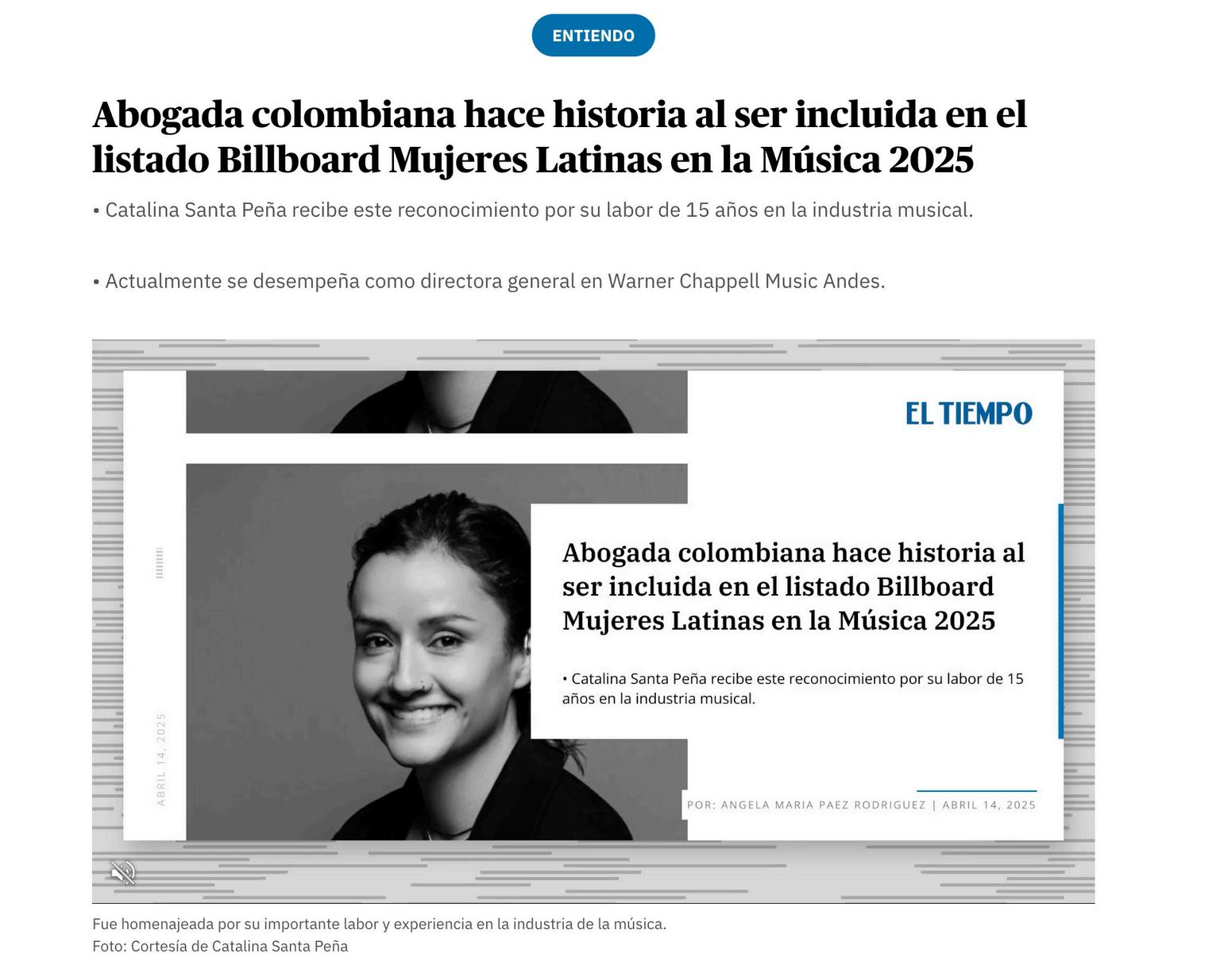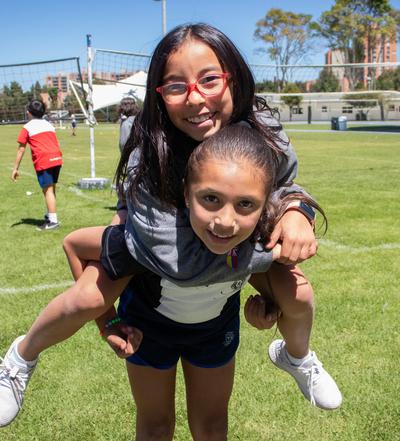


S E V E N T H E D I T I O N
















S E V E N T H E D I T I O N












As we arrive at the culmination of another school year full of growth, development and learning, I would like to give you a warm welcome to the 7th edition of Once TES, Always TES! In this issue, we are proud to highlight a theme that continues to shape our world and our school: female leadership.
This is an important issue, particularly in our school, founded by the pioneering and inspirational Mrs Elizabeth Masson, and also in wider society as we celebrate and recognise the tremendous achievements of our students
Throughout these pages, you’ll discover the stories of remarkable women from our TES alumni community individuals who are leading with vision, resilience, and authenticity in fields as diverse as education, architecture, law, psychology and international business These voices reflect not only personal strength but also the collective power of women to be agents of change in Colombia and the world

At The English School, we believe in empowering all students to maximise their personal and academic potential and inspire others around them. We are especially proud to celebrate those who break barriers, inspire others, innovate, and redefine leadership from a place of respect, trust, and integrity.
We hope this edition leaves you inspired, proud, and motivated to continue supporting and uplifting the leaders of both today and tomorrow We look forward to seeing you next academic year!
Adam Bennett Head of School and Rector
Elizabeth Masson was an inspiring leader. She was born in 1912, in Johannesburg (South Africa), and always knew she wanted to work with children. This was partly inspired by learning about the stories of British children who were affected by World War II and the bombings that happened, which led to many being evacuated. Additionally, Mr Richard Masson, her husband, spent time as a soldier in a Japanese concentration camp, which helped develop her sense of empathy and a desire to help others.
She moved to Colombia in 1951 and lived in Chía. She worked at another school in Bogotá but she had a big dream: to create a Britishstyle school that would respect human dignity, promote happiness, give priority to every single student and offer the best holistic education possible In 1961, she made that dream a reality, starting The English School (TES) in a small house in Chapinero. She worked to ensure that the school's prices were affordable, allowing many different students to attend and benefit from an education at The English School.
What made Mrs Masson so inspiring was that she truly cared about students She didn’t focus on money or business her goal was to create a school that prioritised children. She knew that education wasn’t just about lessons; it was about building a community. When she stepped down from the role, she offered parents the opportunity to participate and ensure that our school was a place where students' voices mattered. This meant the school could continue to grow and improve, while maintaining its traditions and exploring new ideas
Starting a school in a new country wasn’t easy. She faced challenges with money, culture, and language, but she continued with determination

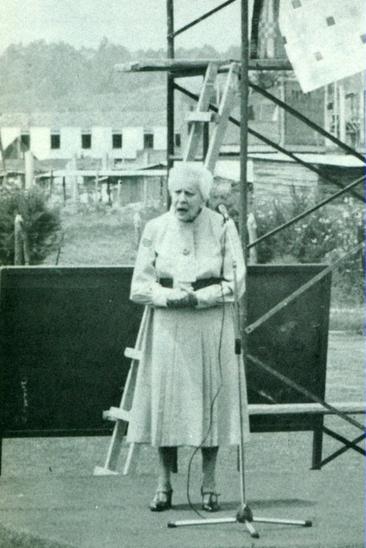
Back in the 1960s, people didn’t expect women to lead schools, but Mrs Masson proved them wrong. Her passion, hard work, and determination helped her break barriers and create a school that is very important in Bogotá, Colombia and the world
Her story shows that if you believe in something, you should never give up TES wouldn’t be here without her, and because of her, generations of students have had the chance to learn, grow, and become leaders themselves
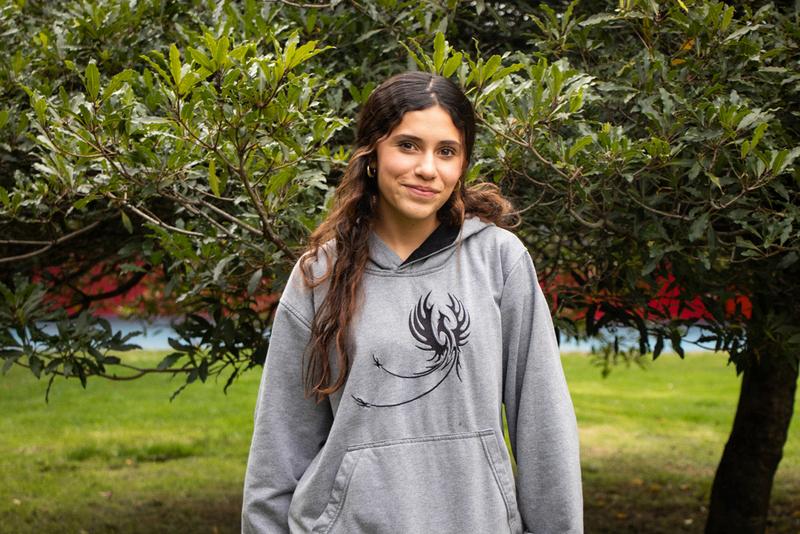
Valeria joined the school in 2014 in Pre-Jardin and has a sister in Transition.
Valeria dreams of becoming a lawyer and looks forward to demonstrating leadership at The English School through her participation in TESMUN

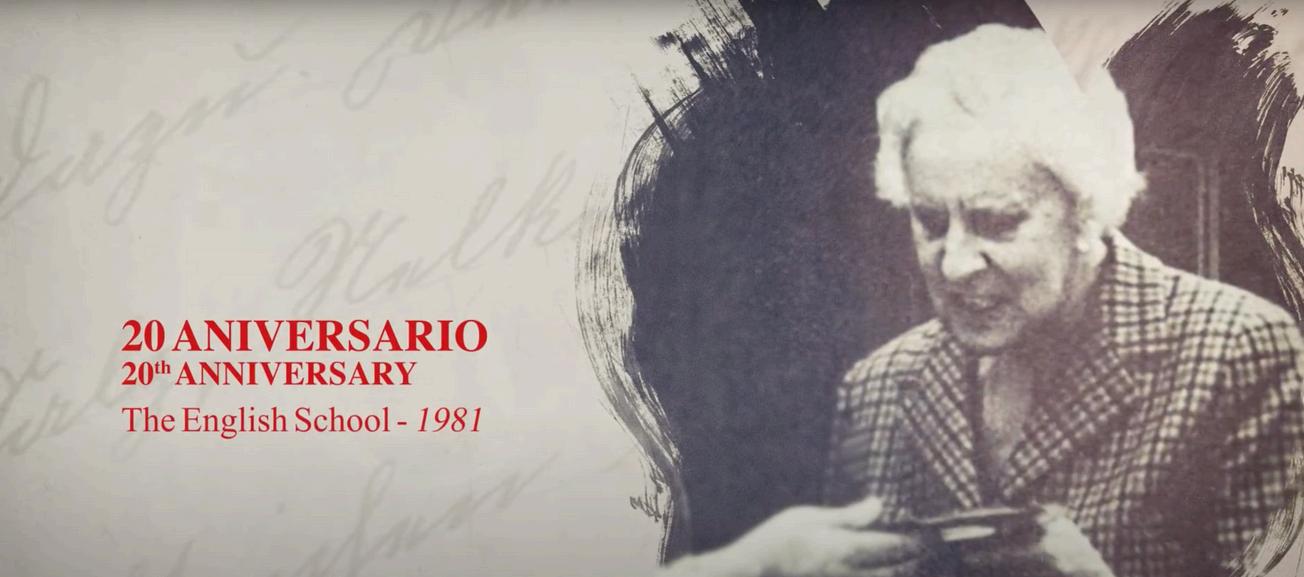
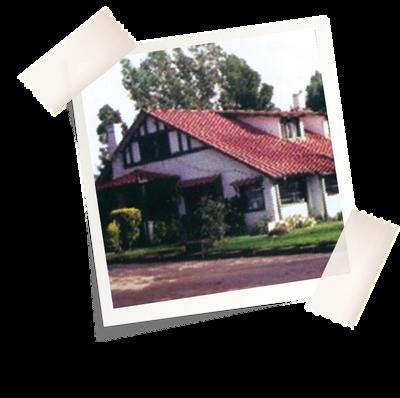






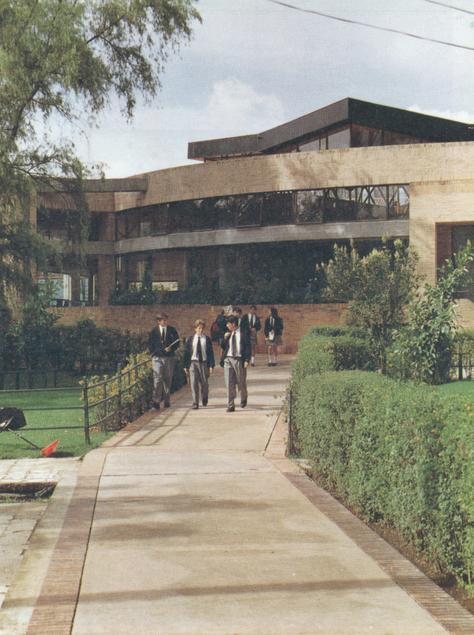


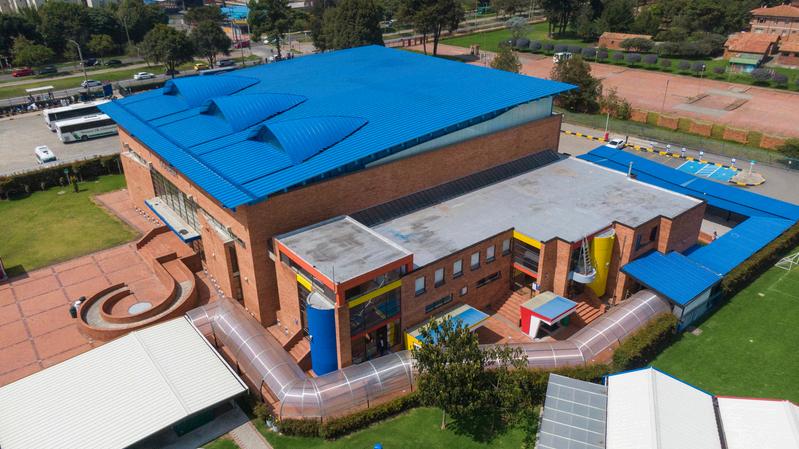
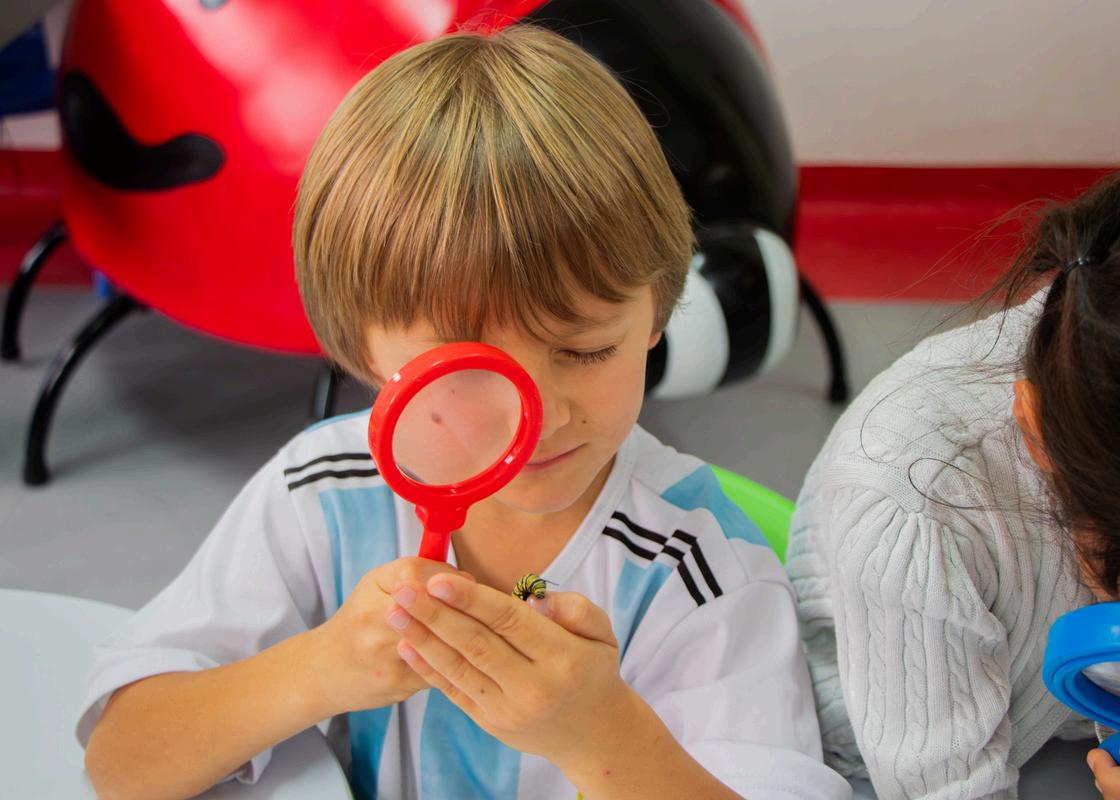
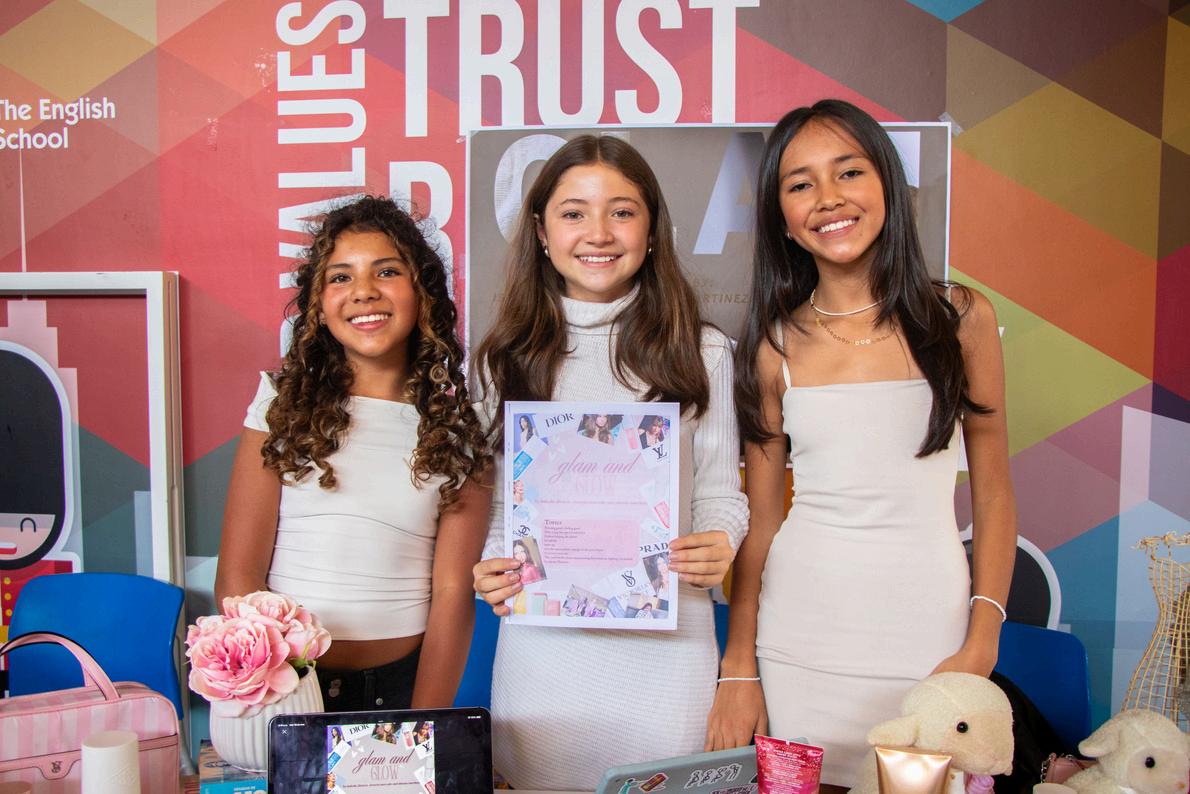
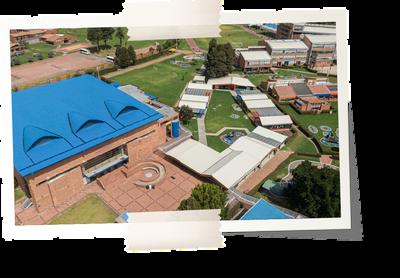
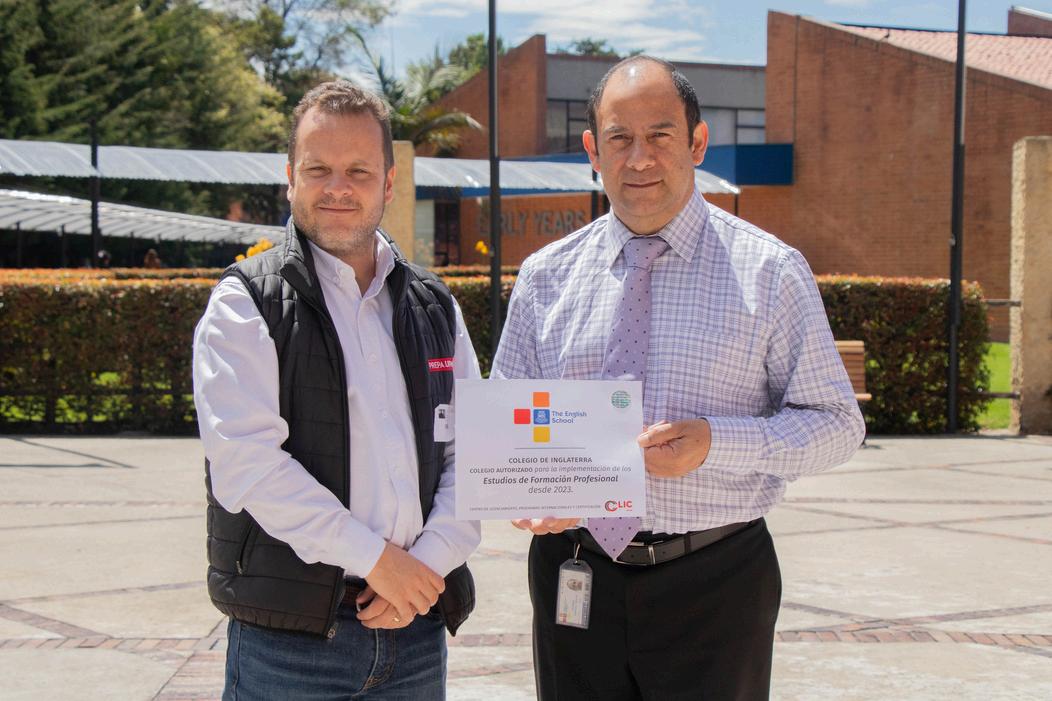


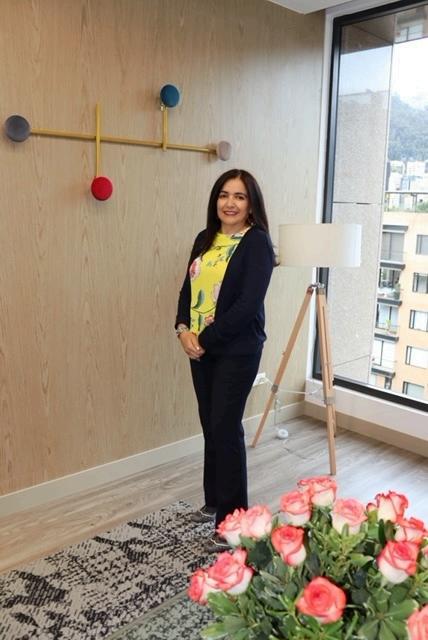

What do you consider to be the foundation the school provided in your education that helped you reach this point in your professional life?
I would say that The English School gave me selfawareness, dedication and teamwork skills.
Tell us briefly about your professional history after graduating from school.
On August 1991, I joined Universidad de Los Andes to study two careers: Law and Political Science
During my 8th semester, I worked in the Senate, and in the 9th semester, I worked with the Constitutional Court. After comparing both experiences, I decided to work in the Legal field
In 1997, the same year I graduated, I joined a local law firm called Brigard & Urrutia. In 1999, I studied a specialisation in Employment Law at Pontificia Universidad Javeriana In 2000, I joined Baker McKenzie, a multinational law firm, where I have been working to date and was promoted to principal partner in 2018
What is your favourite memory from TES?
Snack time with melcochas and gomitas
My classmates: friends forever! After 33 years, we are close, go on trips, and have a lot of fun
Why do you think the role of women in leadership is important?
The role of women is important because we lead by example.
How do you manage the balance between your personal and professional life, especially in a leadership role?
My personal matters are always first and in the same priority of responsibility when complying my agenda. My family, dance classes, golf tee times, meetings with friends, and medical appointments are essential in my life to enable me to be a good leader. Only a judicial hearing would disrupt the agenda Discipline and method are key to organising priorities Flexible when working: you can advance work from the hair salon, the taxi or when you are waiting to be attended by a doctor
Is there a particular quality that women bring to leadership? What is it?
Empathy, resilience and persistence.
What other women inspire you?
My mother and my daughters
What challenges did you overcome to reach the position you are in today?
Narcissistic personalities and a firm that is traditionally ruled by men
What advice would you give to a young woman aspiring to become a leader in a professional environment?
Always speak your mind professionally and remain visible Listen carefully to your peers and the work team, and give practical comments to solve problems. Please avoid personal attacks or private comments about personal issues of coworkers in the workplace, as they are never necessary.

Always speak your mind professionally and remain visible
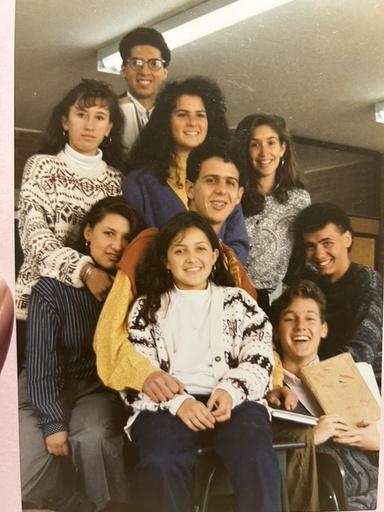


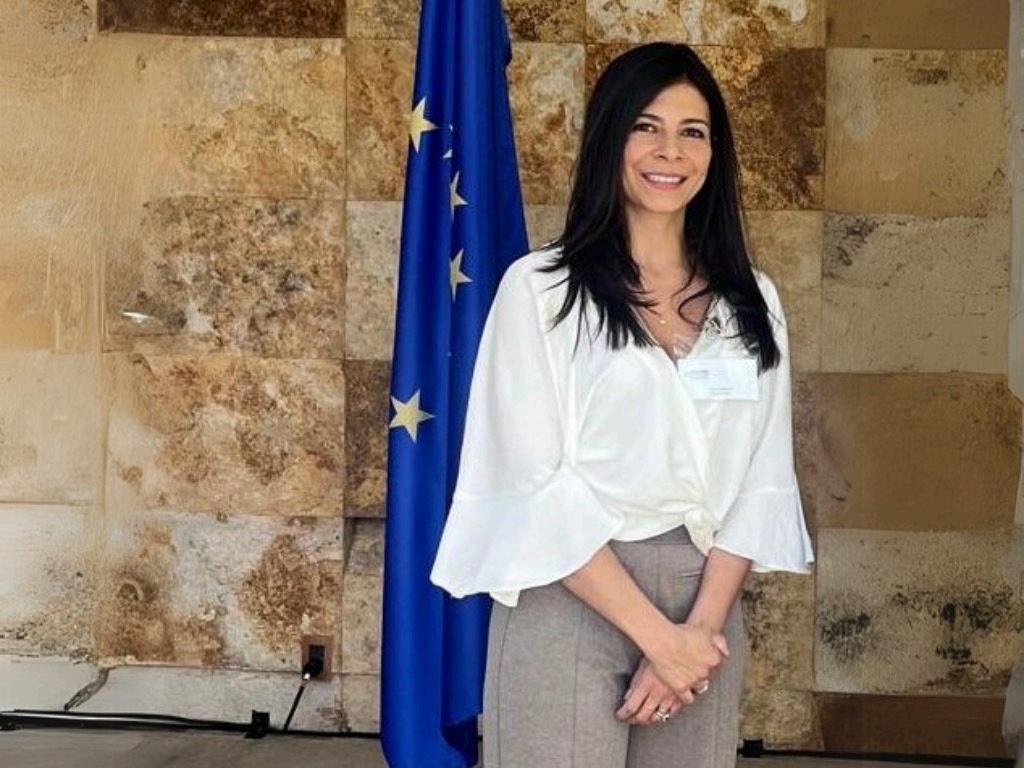
studiesplanet Studies Planet


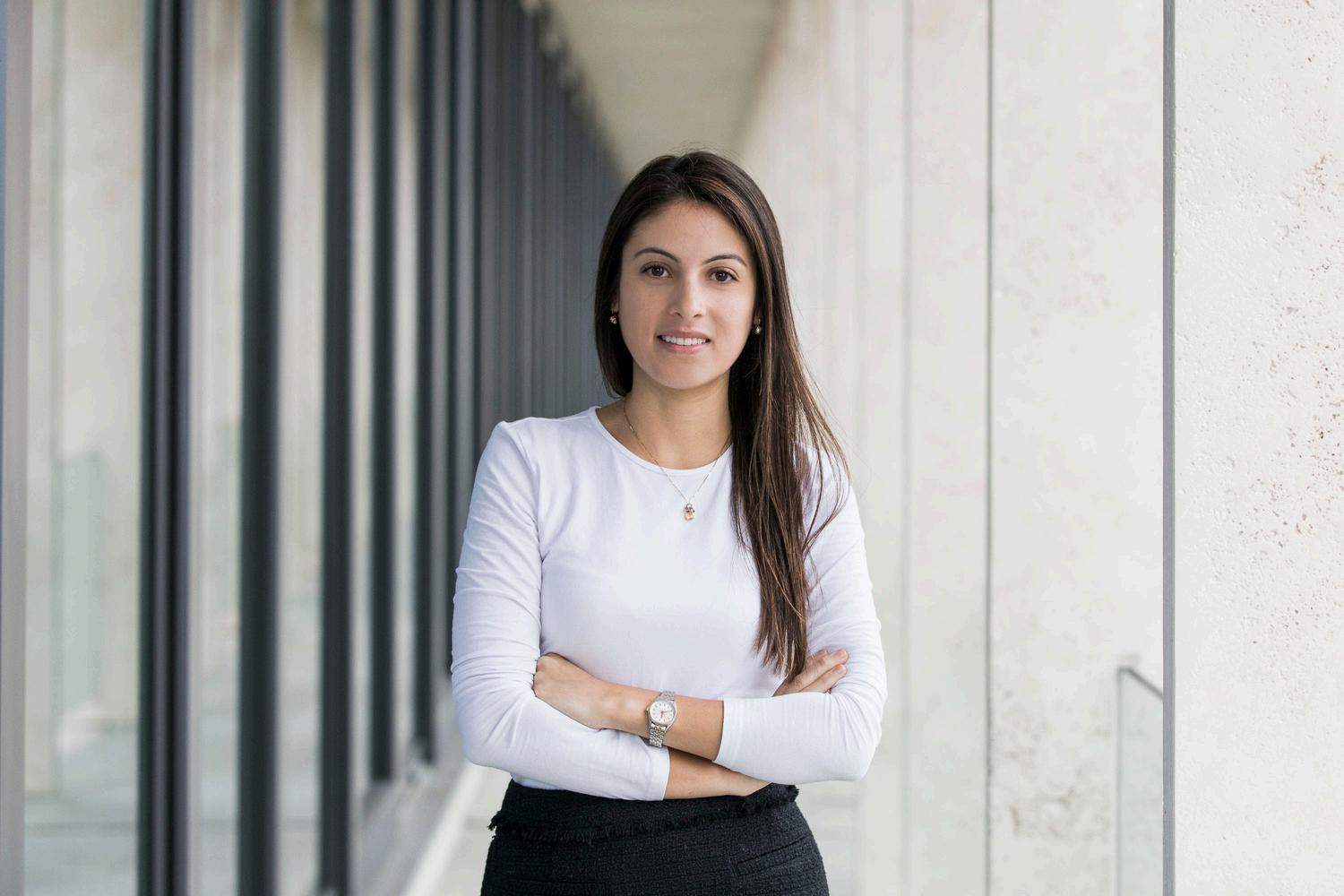
By Andrea C. Suárez Munevar
Being successful is about reaching your personal and professional aspirations and finding satisfaction in the journey and the outcomes.
Estefanía Tapias, an alumni of The English School and a Forbes 30 Under 30 honouree, is a woman who has consistently embraced challenge, change, and the pursuit of knowledge. From studying architecture in Bogotá and Italy to earning her PhD in Switzerland, to leading in the world of tech consulting in Dubai, her journey reflects a passion for learning and a boldness to step outside her comfort zone
Estefanía believes success isn’t only about hard work it’s also about visibility “It’s important to ensure your work is seen, ” she often says That mindset, combined with her drive and strategic choices, has helped her navigate academia, technology, and international living with confidence and purpose.
Education Abroad and a Lifelong Love for Learning
After graduating from The English School in 2006, Estefanía pursued a degree in architecture at Pontificia Universidad Javeriana She later joined a double-degree programme with Politecnico di Torino in Italy, graduating with both a bachelor's and a master's degree in Architectural Engineering. A scholarship then led her to ETH Zurich in Switzerland, where she completed her master’s thesis and later entered a PhD programme in Smart Cities
Her academic path continued with roles as a researcher, project manager, and lecturer However, after seven years in academia, Estefanía decided to pivot into the world of technology consulting first in Paris and more recently in Dubai Her love of learning didn’t stop there: she also completed an MBA, driven by a desire to stay relevant in an ever-evolving professional world.
Estefanía is a strong advocate for women in leadership. She believes women bring empathy, flexibility, and emotional intelligence to decisionmaking, qualities that are often overlooked but are essential for building resilient, connected teams
She also emphasises the importance of mentors and sponsors in a woman ’ s professional journey In fact, her nomination to Forbes 30 Under 30 came thanks to a sponsor who recognised her achievements “Surrounding yourself with people who advocate for you can open doors you might not even know exist,” she notes.


Surrounding yourself with people who advocate for you can open doors you might not even know exist “ ”
Her journey has not been without obstacles From adapting to new cultures and languages to transitioning between different industries, Estefanía has faced moments of doubt But she has always believed in taking risks. “Stepping out of your comfort zone is not easy, but it’s where growth happens,” she reflects This attitude has shaped her nomadic lifestyle as well. From Bogotá to Turin, Zurich, Paris, and now Dubai, Estefanía has lived in three different countries with her husband and young daughter, embracing every opportunity that life has offered.
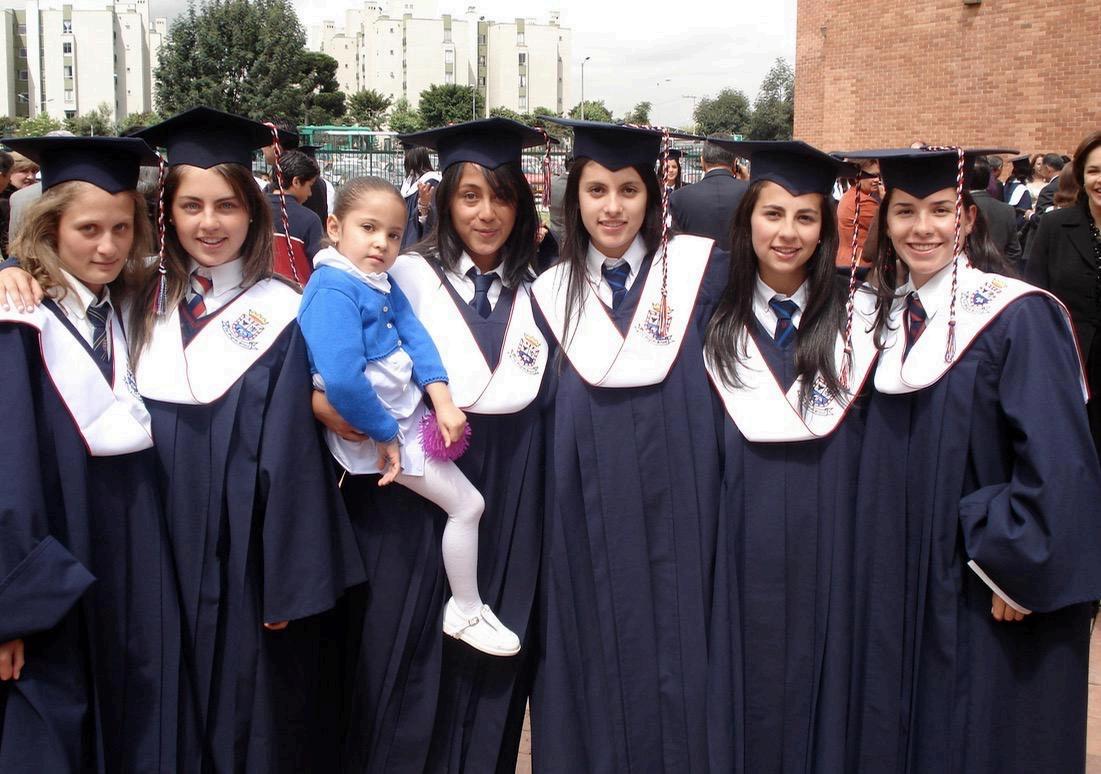
Balancing a demanding career with personal life is a challenge that Estefanía manages with purpose and planning “It’s about making conscious decisions that honour both your goals and your values,” she says. She encourages young women aspiring to leadership to be fearless, proactive, and curious “Never stop studying and learning new skills People close to me often say, 'Estefania is collecting degrees,' after my master’s, PhD, and MBA But the truth is, it’s my passion for continuous learning and staying up-to-date with this everchanging world that drives me ” .
She encourages young women aspiring to leadership to be fearless, proactive, and curious.

”
Estefanía credits The English School with laying the foundation for her global journey “The school taught me discipline, critical thinking, and gave me the language skills that helped me stand out internationally,” she recalls But perhaps even more meaningful are the lifelong friendships formed during her years there something she treasures deeply, especially now that she’s raising a child of her own.

As she continues her work in technology and leadership, Estefanía Tapias remains driven by the same values that shaped her from the start: courage, curiosity, and the belief that success is about being seen and helping others rise with you.
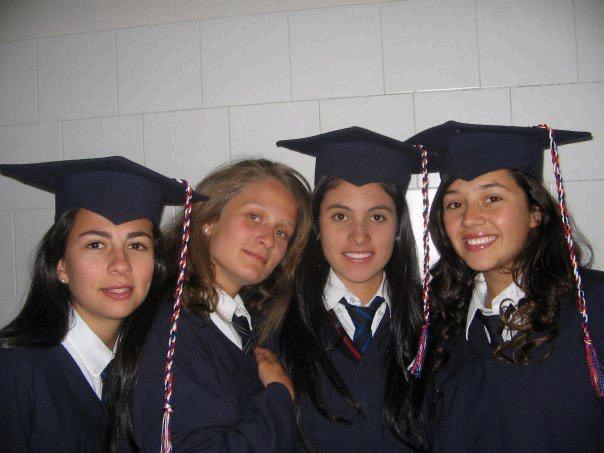
By María Claudia Lerzundy
Tell us briefly about your professional history after graduating from school.
I studied Psychology at Universidad de los Andes and worked for a few years at the Hospital CardioInfantil as the Director of Pediatric Psychology Department, preparing kids and parents for open-heart surgery (from an emotional standpoint). Then, I moved to the Federación Nacional de Cafeteros to work in the HR Recruitment Department And that is where my career completely changed, as the company was implementing SAP ERP, and I was involved as part of the customer team to support the deployment I was fascinated by the impact of technology on business and people's lives! Since then, I have been working in the technology industry. I joined SAP 21 years ago, holding various customer-facing roles, including Pre-Sales, Sales, and Post-Sales, across Colombia, Latin America, and at the global level Currently, I am the Country Manager for Colombia I am very excited to work with the team I met when I joined SAP and to contribute to our country's growth
What is your favourite memory from TES?

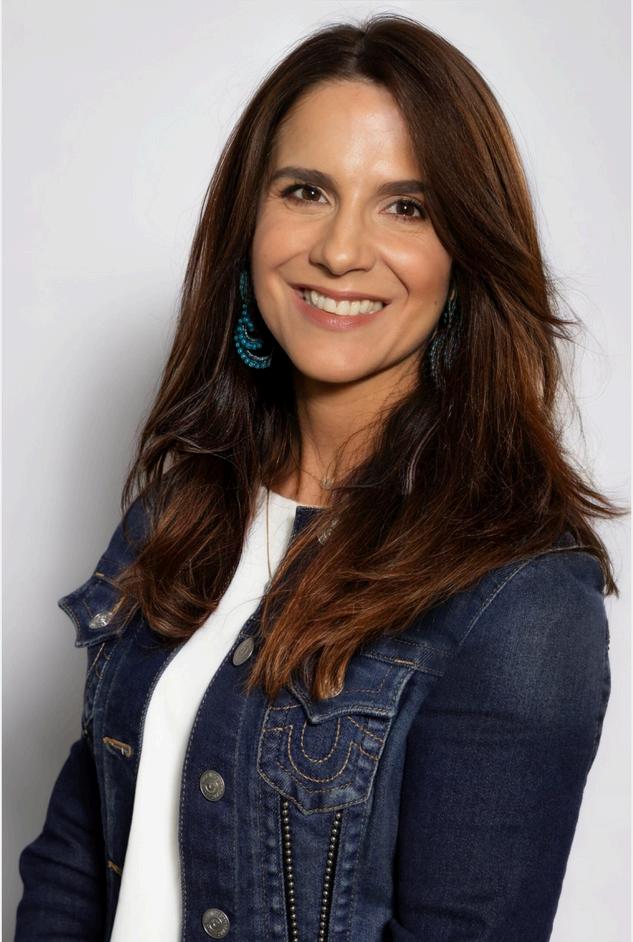
What do you consider to be the foundation the school provided in your education that helped you reach this point in your professional life?
So many! My time at TES has been one of the happiest moments in my life I remember all the sports competitions (although I wasn't very good, my friends were the best, so the team usually had very good results!), the time lying on the grass chatting with friends, and chemistry classes where we did experiments and sometimes misbehaved. I also remember being on the bus with Luisito!
School foundational elements have been key in my professional growth. English and writing skills still make a difference in my professional environment The way The English School teaches you to structure an idea and communicate it is outstanding.
I wanted my son, Juan Sebastián Gómez Manrique, to receive these foundational elements as well and enjoy school time just as I did. He is part of the TES Class of 2014!

Why do you think the role of women in leadership is important?

The participation of women in leadership brings diverse perspectives, fosters inclusive decisionmaking, and drives positive change across various sectors Studies show many reasons why women in leadership are crucial. To state a few: 1) Women bring different life experiences, problem-solving approaches, and leadership styles, leading to more well-rounded solutions 2) Companies with women in leadership (vs the ones only lead by men) often show improved financial performance 3) Women leaders often excel in emotional intelligence, fostering empathetic workplace cultures.
Leadership should reflect the diversity of the population But it’s not just a matter of inequality –it is about progress, through the combination of skills we all bring to the table
Is there a particular quality that women bring to leadership? What is it?
Women bring unique qualities to leadership that enrich decision-making and organisational culture. I would highlight empathy, emotional intelligence and a very strong collaborative leadership style
Leadership should reflect the diversity of the population. But it’s not just a matter of inequality – it is about progress, through the combination of skills we all bring to the table.
What other women inspire you?
Many, especially those who have dedicated their lives to social service I would highlight Malala Yousafzai (Pakistani education activist who has been fighting for girls' education since she was 11 years old), Queen Elizabeth (who cared about children and the elderly and was able to adapt to the changing demand of the modern world, and my MOM, who has been the closest example of sticking to values
What challenges did you overcome to reach the position you are in today?
Nowadays, in the industry I work for, I don’t face the biases I had to overcome 15-20 years ago, like gender stereotypes (leadership traits often associated with masculine characteristics), unconscious biases (implicit preferences that underestimate women ’ s leadership potential and subtle/often unintentional comments that undermine a woman ’ s authority), and discrimination (unequal pay) I also faced subtle racial discrimination – during the challenging times of drug trafficking – but although we still have big challenges as a country, I feel very proud of how people around the world admire our country, culture and people
What advice has had the most impact/helped you progress in your professional life, and is still relevant today?
Stick to your values, believe in yourself, and stay relevant (meaning continuous study should always be a priority)
How do you manage the balance between your personal and professional life, especially in a leadership role?
We need to work to live, not live to work – meaning enjoying life outside of professional duties is essential. Physical training and spending time with my loved ones have always been a priority
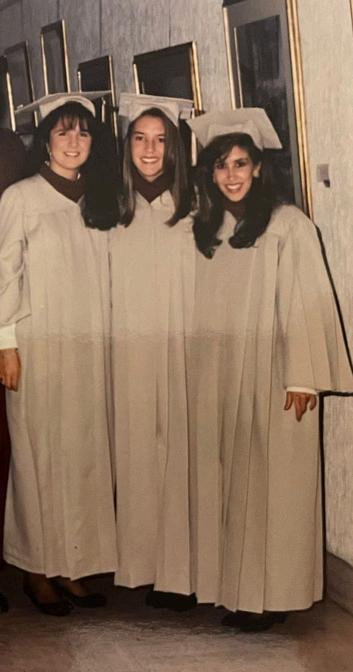

We need to work to live, not live to work – meaning enjoying life outside of professional duties is essential.
“ ”
What advice would you give to a young woman aspiring to become a leader in a professional environment?
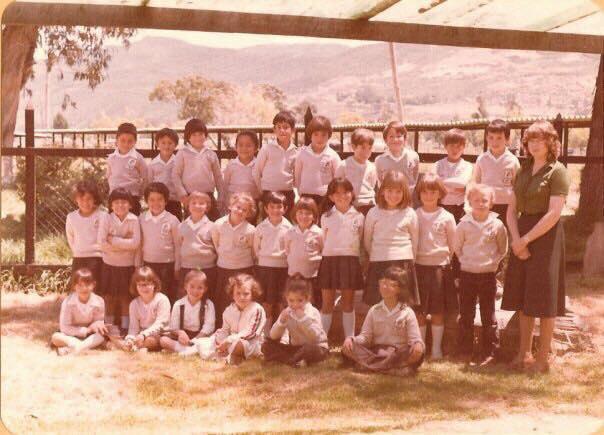
Always be prepared so you are ready when opportunities arise And plan your career with purpose – meaning things will never come to us –we need to fight for them with purpose and determination
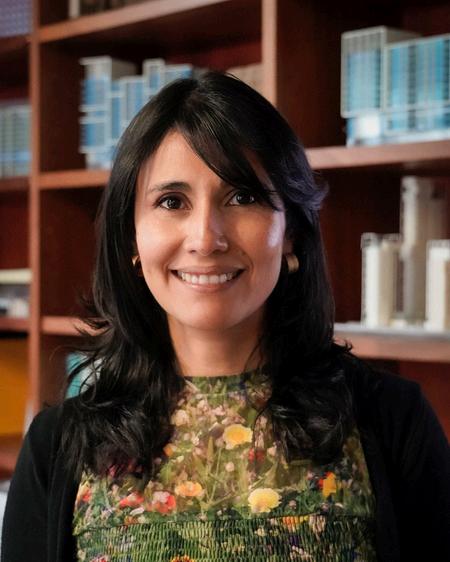
Tell us briefly about your professional story after graduating from school.
After earning my Architecture degree from Universidad de los Andes and being nominated for Magna Cum Laude, I moved abroad to pursue broader professional and personal experiences I began my career as an intern and, over the years, grew into my current role as Director at ArquitectonicaGEO, a multinational landscape architecture firm. This journey has allowed me to lead projects across continents, engage with diverse cultures, and develop a design approach rooted in sensitivity, sustainability, and impact
In parallel, I co-founded and helped grow Clay World, a children’s art studio, alongside my husband, an accomplished character designer This small creative business, recognised by Goldman Sachs for its innovation and community value, reflected our shared belief in the transformative power of art and design from an early age.

One of the most meaningful milestones in my career was returning to Bogotá to establish a local office, bringing home not just business, but the knowledge and global perspective gained over two decades abroad. My work continues to reflect a commitment to growth, cultural exchange, and thoughtful, enduring design
What is your favourite memory from TES?
There are many special memories of TES, but without a doubt, school represents a stage full of unforgettable moments I enjoyed playing with my friends during recess, but if I had to choose a favourite memory, it would be attending art classes. It was a space where I could express myself freely and give free rein to my creativity, something I always valued greatly
What do you consider to be the foundation the school provided in your education that helped you reach this point in your professional life?
The school provided me with a solid academic and personal foundation, helping me develop the fundamental skills and values that have guided me throughout my professional life. It taught me the importance of discipline, commitment and perseverance, strengthening my character and my confidence that, with determination and effort, any goal is achievable. Beyond knowledge, the school provided me with an environment where I could grow, learn and nurture that self-confidence to face new challenges with determination

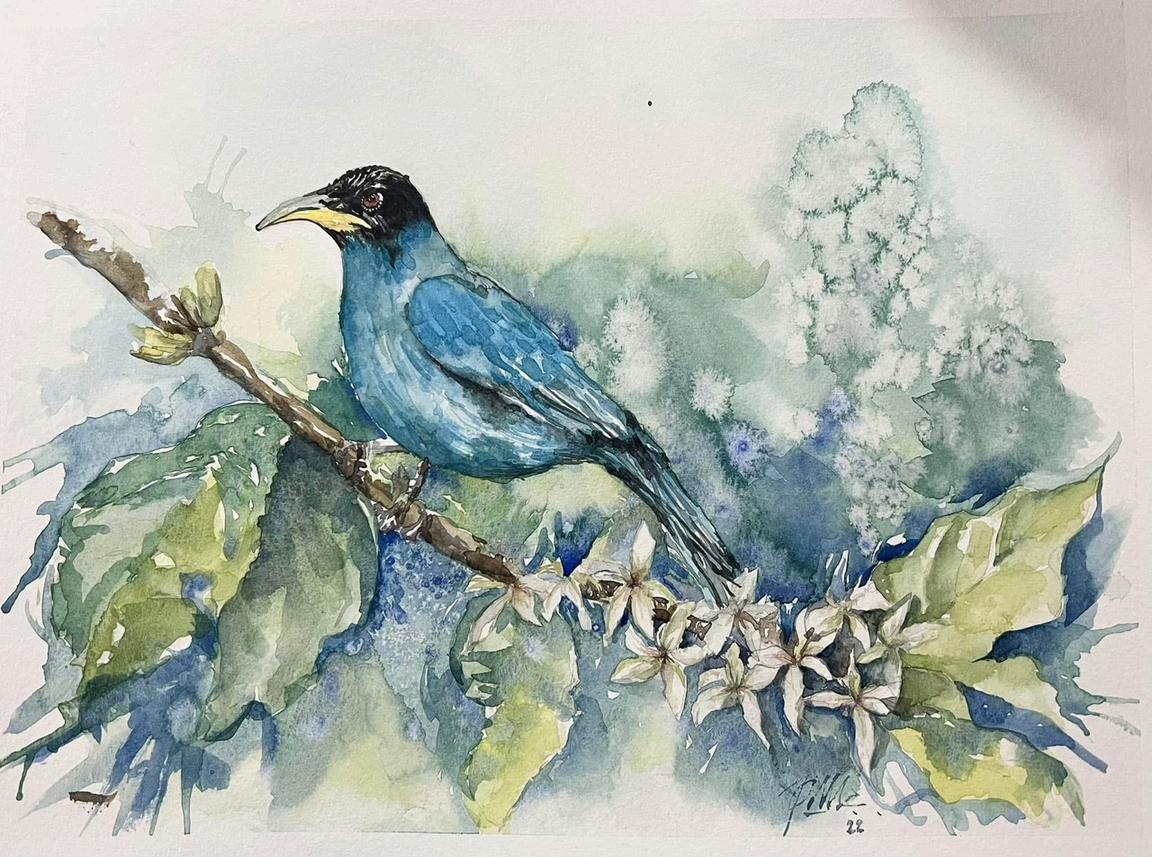
Women play a fundamental role in leadership, as they bring a comprehensive, balanced and strategic vision to any field. Women can manage multiple tasks simultaneously while maintaining a clear focus on decision-making and achieving objectives. Additionally, we excel at making decisions under pressure, demonstrating resilience and determination in critical moments Our ability to foster collaboration, empathy and balance contributes to the creation of strong and dynamic work teams Diversity in leadership not only enriches organisations but also drives the development of more equitable and innovative societies.
We (women) excel at making decisions under pressure, demonstrating resilience and determination in critical moments “

Is there a particular quality that women bring to leadership? What is it?
I believe that the role of women in leadership is essential. We bring a well-rounded, balanced, and strategic perspective to any environment. I’ve seen how women can handle multiple responsibilities simultaneously, all while staying focused on making informed decisions and achieving meaningful goals I think we ’ re especially strong under pressure, resilient and determined when it matters most. I also truly value our ability to create spaces of collaboration, empathy, and balance, which helps build strong, dynamic teams To me, having diversity in leadership doesn’t just strengthen organisations it’s a key part of creating more fair and innovative societies
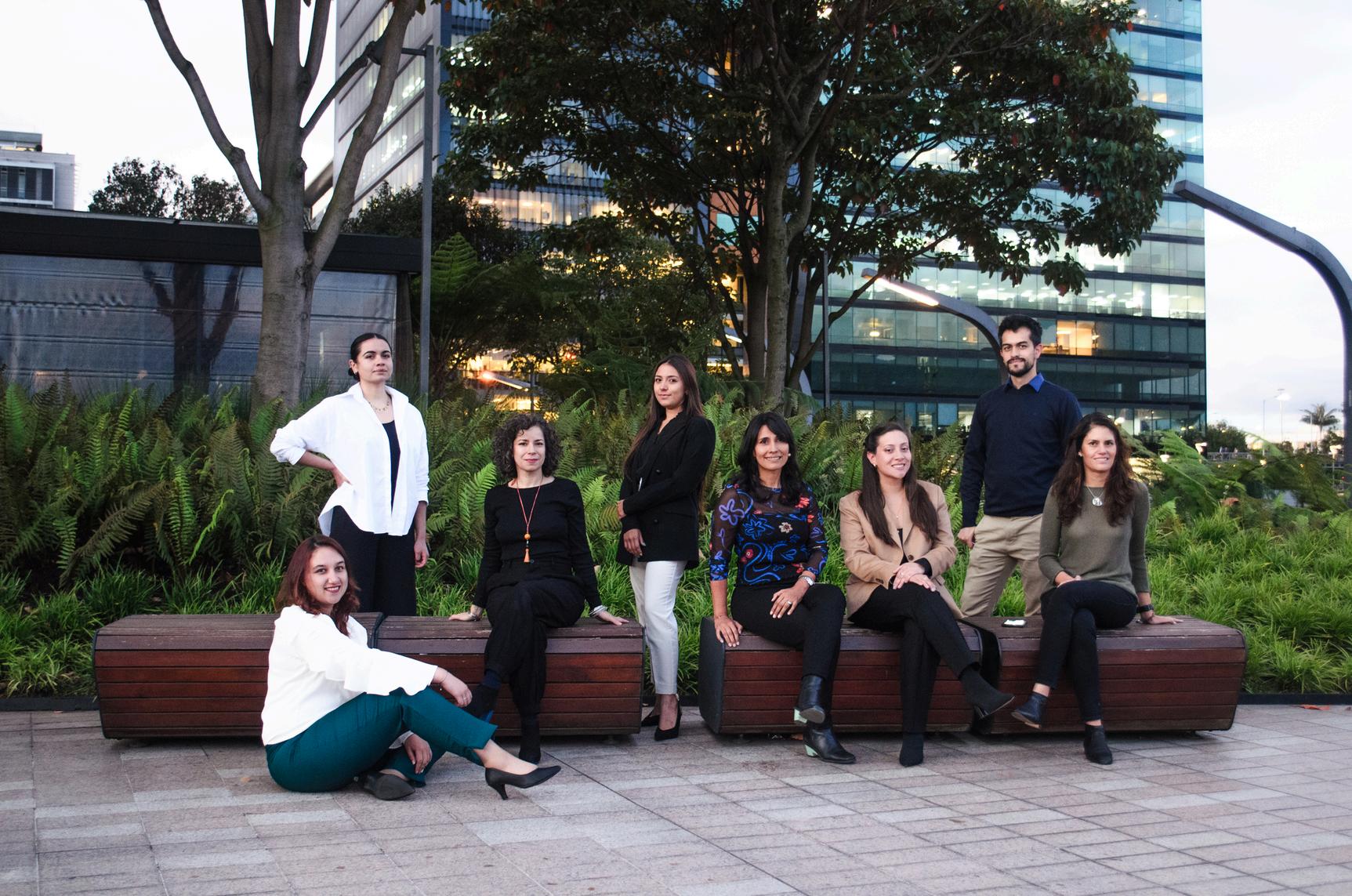
What challenges did you overcome to reach the position you are in today?
The greatest challenge I’ve encountered has been personal While it may sound clichéd, I believe the most difficult obstacles are the ones we face within ourselves, pushing beyond our comfort zones to grow and evolve It requires the ability to respond thoughtfully to situations and to remain composed rather than being driven by emotion.
How do you manage the balance between your personal and professional life, especially in a leadership role?
The truth is, it’s an ongoing challenge. I’m genuinely passionate about my work, which often leads me to become fully immersed in it I also take great pride in delivering the highest quality possible, which adds to the intensity. My role is both demanding and highly creative, and because the creative process is naturally fluid, setting clear boundaries can be difficult. Finding that balance is something I’m still learning, but with the support of my family, I’m reminded of the importance of stepping back and taking time to reflect. Making space for that reflection is essential to maintaining both personal well-being and long-term creative energy

What advice would you give to a young woman aspiring to become a leader in a professional environment?
My advice to anyone considering a similar journey is that, while it may be challenging at times, it is undeniably worthwhile The road to success often involves hurdles and setbacks, but with perseverance, dedication, and a clear focus on your dreams, anything is possible. It’s important to stay committed, especially when the path ahead seems uncertain, because the rewards personal growth, professional fulfilment, and the satisfaction of seeing your dreams come to fruition are truly transformative
What advice has had the most impact/helped you progress in your professional life, and is still relevant today?
The best advice my boss ever gave me was to set clear goals and work determinedly to achieve them There are no impossible obstacles, all you need to do is take action. Although it is simple advice, the key is to implement it consistently

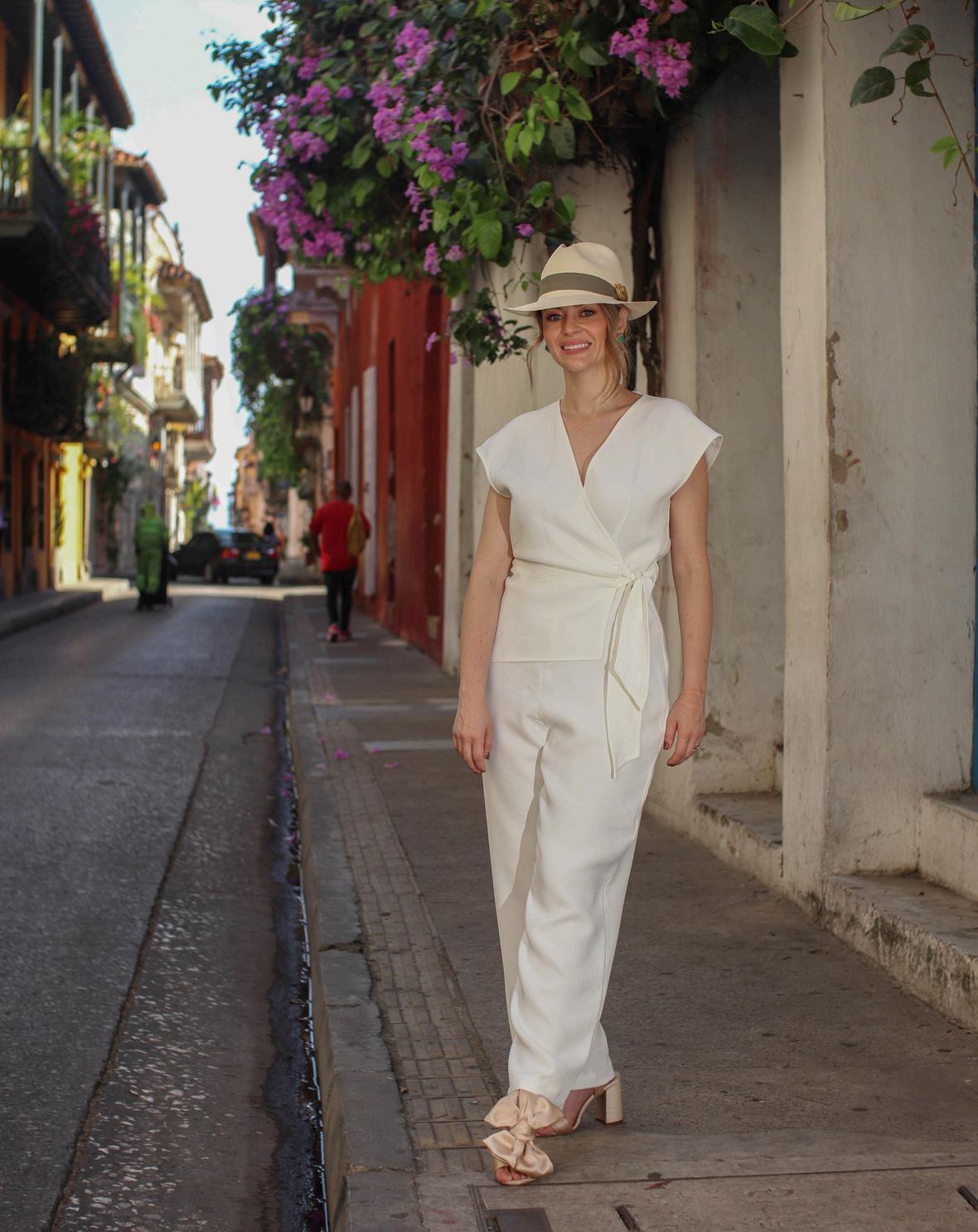

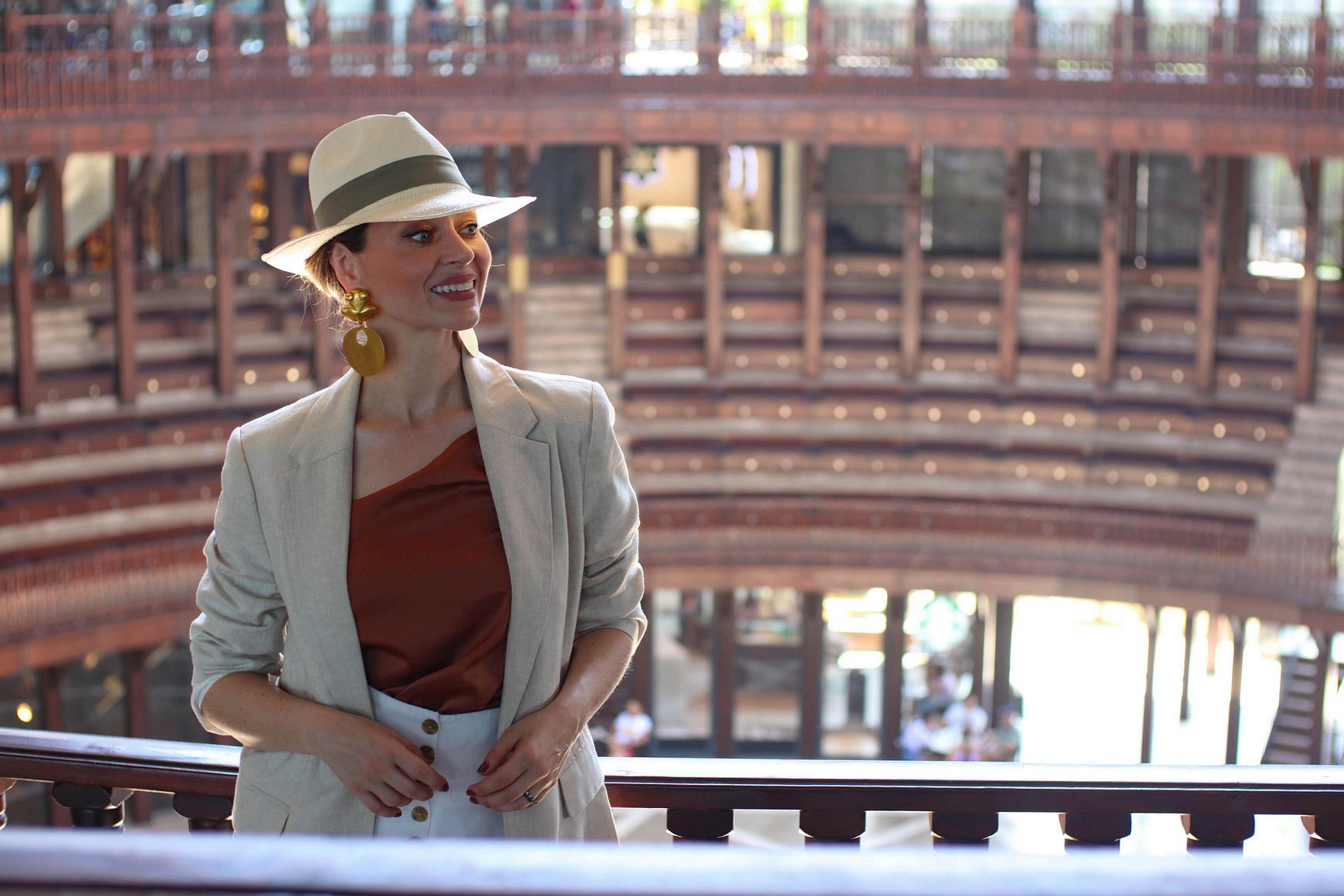

ass of 2006 Click to read the article

In this edition, which commemorates female leadership in our community, we are giving special recognition to Catalina Santa for her recent nomination to the Billboard Latin Women in Music 2025 list
We congratulate Catalina on her 15 years in the music industry!
